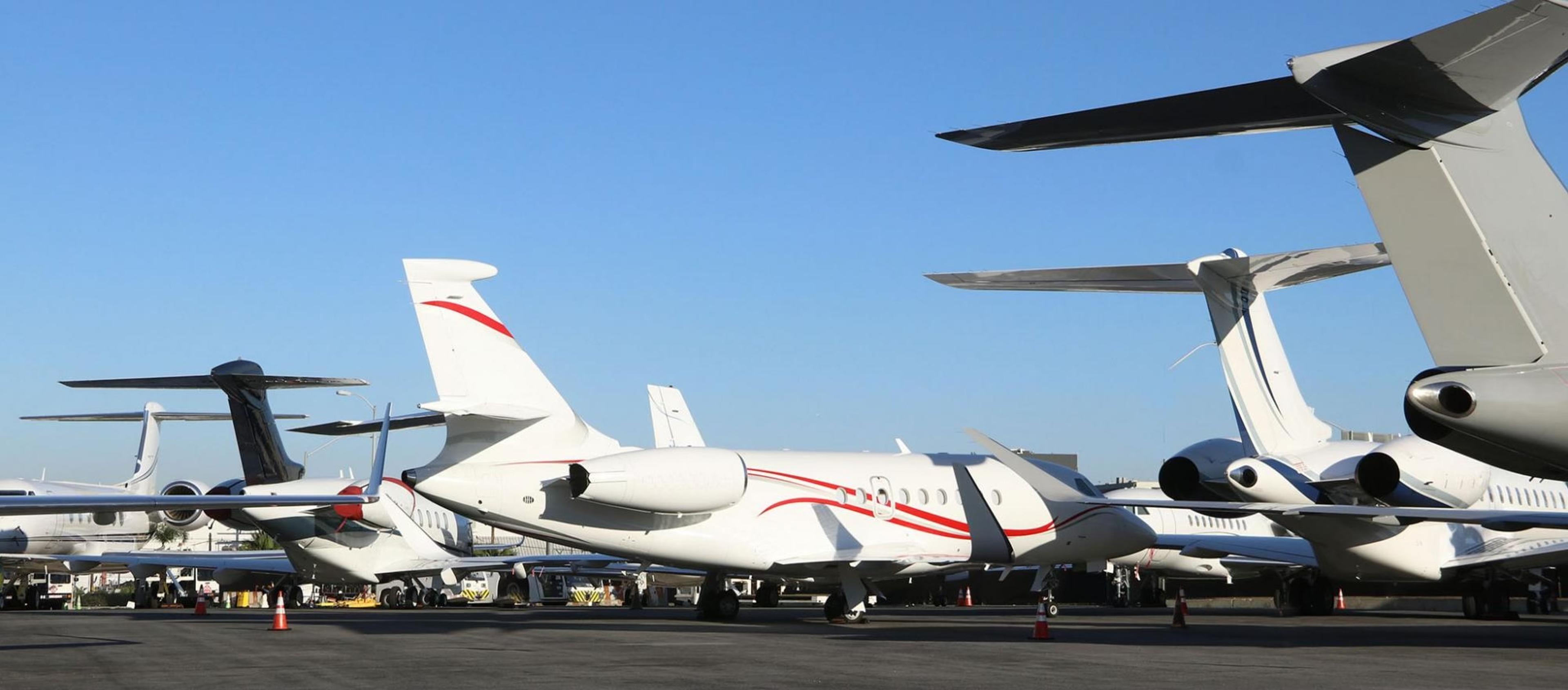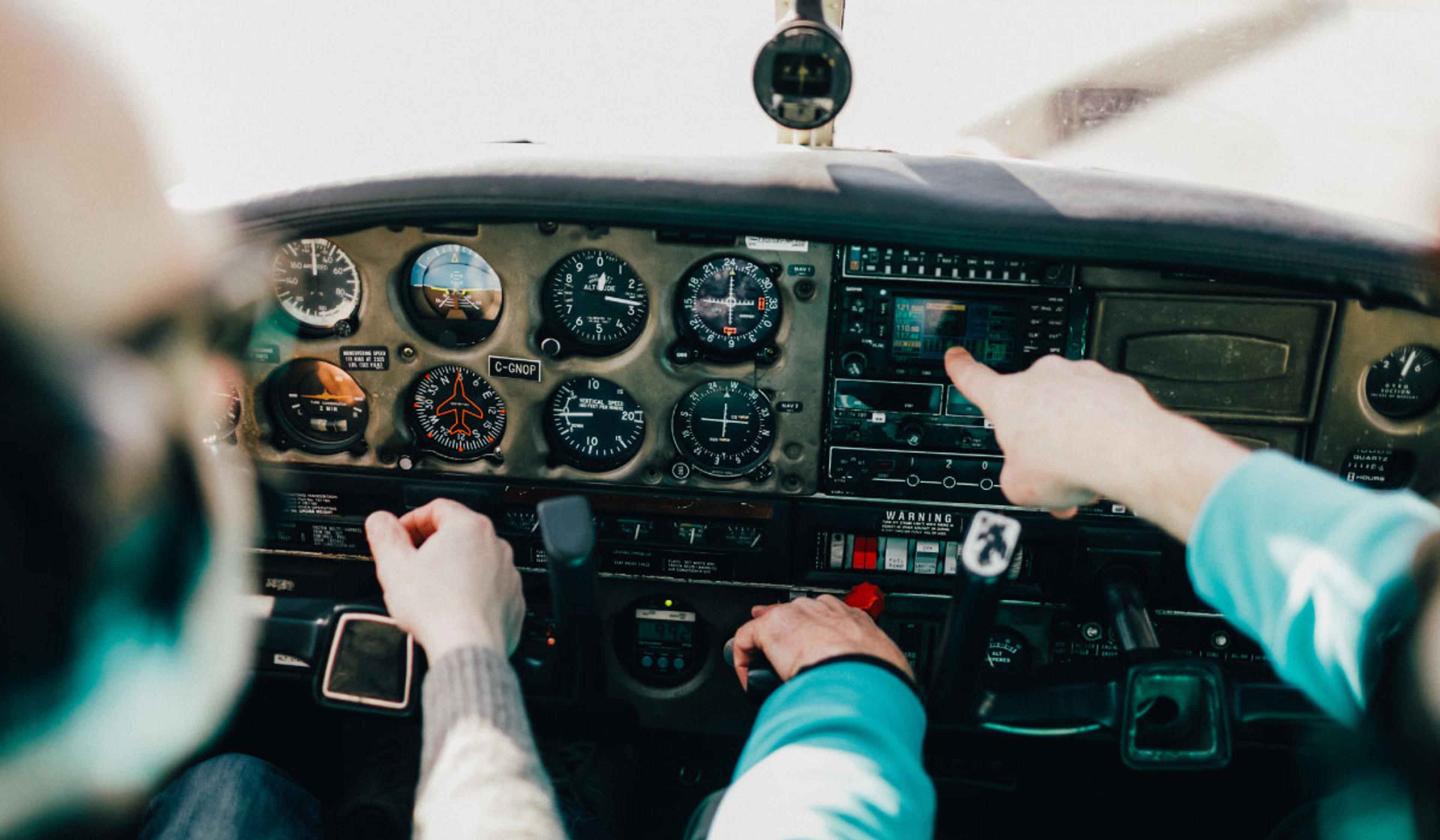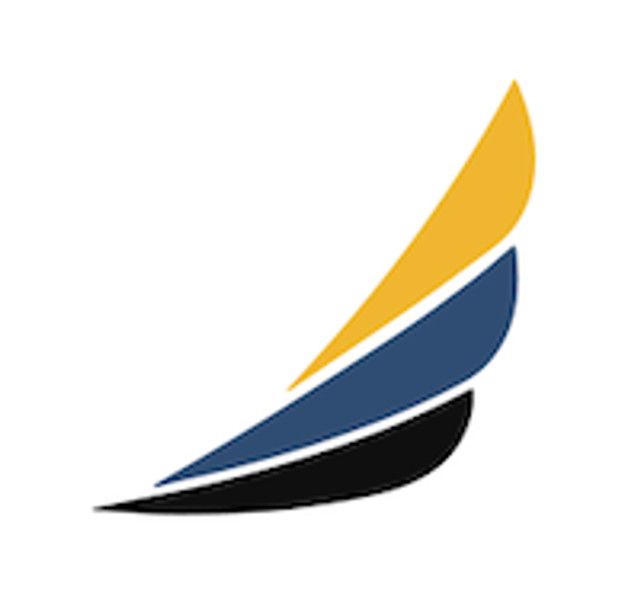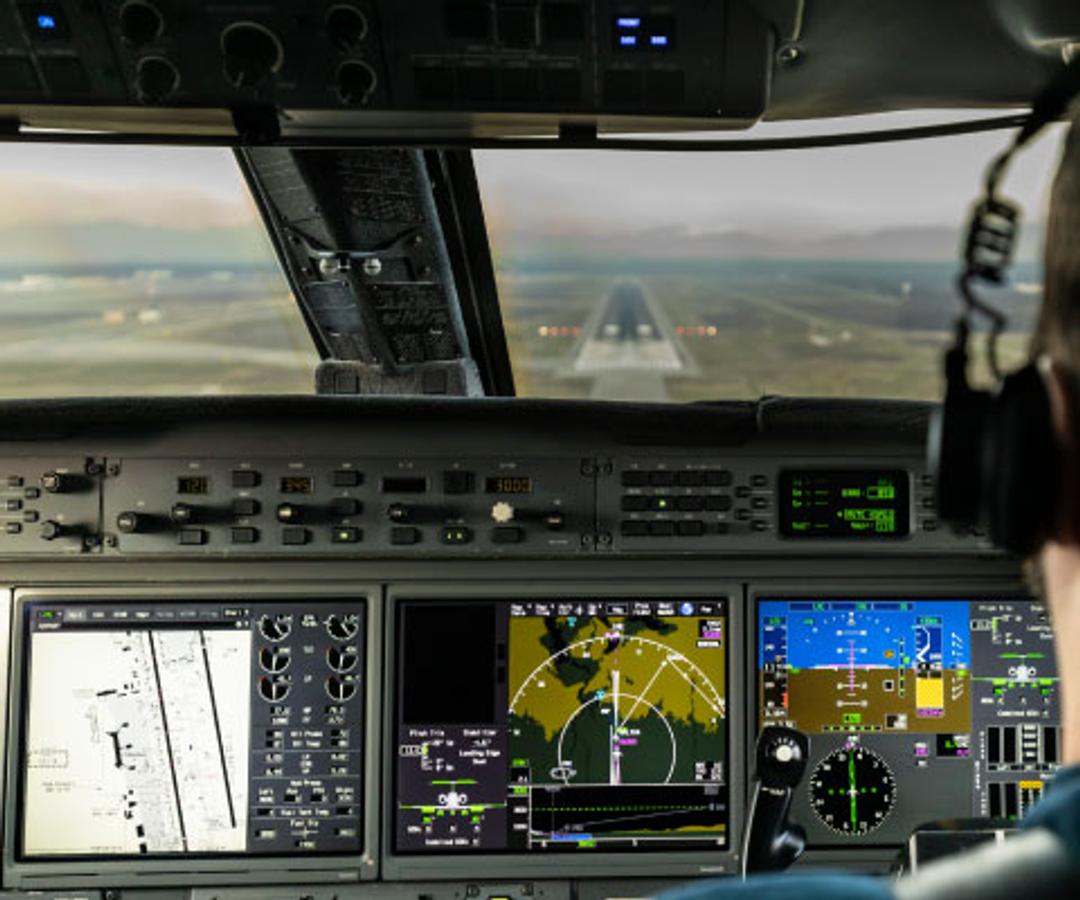
As a pilot, maintaining optimal vision is crucial for safety and performance in the cockpit. While you might often consider factors like weather conditions and aircraft maintenance, have you thought about the role your sunglasses play in your overall flight experience? The FAA highlights the importance of choosing the right sunglasses for pilots, ensuring both protection and clarity. Here’s a guide to help you make an informed decision about your eyewear.
Why Sunglasses Matter
Sunglasses are more than a fashion accessory for pilots; they are a critical component of flight safety. They help reduce glare from the sun, enhance visual comfort, and protect your eyes from harmful ultraviolet (UV) rays. Proper eyewear can prevent eye strain and fatigue, allowing you to stay alert and focused during your flights.
Key Features to Look For
- UV Protection: Ensure your sunglasses block 99 to 100% of both UVA and UVB radiation. Prolonged exposure to UV rays can lead to cataracts and other eye issues, which can be detrimental to your flying career.
- Lens Tint and Color: The tint and color of your lenses can affect your vision. Neutral gray lenses are recommended as they reduce overall brightness while maintaining natural color balance. Avoid lenses that significantly alter colors, as this can interfere with your ability to read instruments and identify critical signals.
- Polarization: While polarized lenses can reduce glare from surfaces like water or pavement, they might not always be ideal for pilots. They can sometimes interfere with the visibility of LCD screens and other cockpit instruments. Consider trying non-polarized lenses if you find polarization problematic.
- Lens Material and Quality: Polycarbonate lenses are a popular choice due to their lightweight and impact-resistant properties. Ensure the lenses are optically correct to prevent distortion, which can cause eye strain and headaches.
- Frame Design: Comfort is key. Choose frames that fit well under headsets and helmets without causing pressure points. Lightweight, durable frames with adjustable nose pads can provide a better fit for prolonged use.
Additional Tips for Pilots
- Regular Eye Exams: Maintain regular check-ups with an eye care professional to ensure your vision remains in top condition and to address any concerns related to your eyewear.
- Spare Pair: Always carry a spare pair of sunglasses in case of damage or loss. Having a backup ensures you are never without proper eye protection.
- Cleanliness: Keep your lenses clean to ensure the best visual clarity. Use appropriate cleaning solutions and cloths to avoid scratches.
Conclusion
Choosing the right sunglasses is an investment in your safety and comfort as a pilot. By considering factors like UV protection, lens tint, polarization, and frame design, you can enhance your vision and reduce eye strain during flights. Stay informed and proactive about your eye health to ensure every flight is as safe and comfortable as possible.
For more detailed information, refer to the FAA's Sunglasses for Pilots brochure.
Visit Bizjetjobs.com today to learn more about the advantages of corporate aviation and to start your journey toward a rewarding and fulfilling flying career. Don’t limit yourself to the airlines—discover the possibilities that corporate aviation has to offer.
Employers - register here to search our qualified Pilots by Type Rating / Aircraft, find Contract / Part Time Pilots or search Pilots by Location Worldwide on BizJetJobs.com, home of the most qualified and current corporate pilots ready to work now.
Aviation Crew - If you don't have an account yet, it's quick and easy to create one.
BizJetJobs.com YouTube Channel has helpful videos on how to get the most out of your membership, both for Aviation employers and aviation job seekers.
Questions?
Give us a call at (402) 253-7809 or email us at [email protected].




